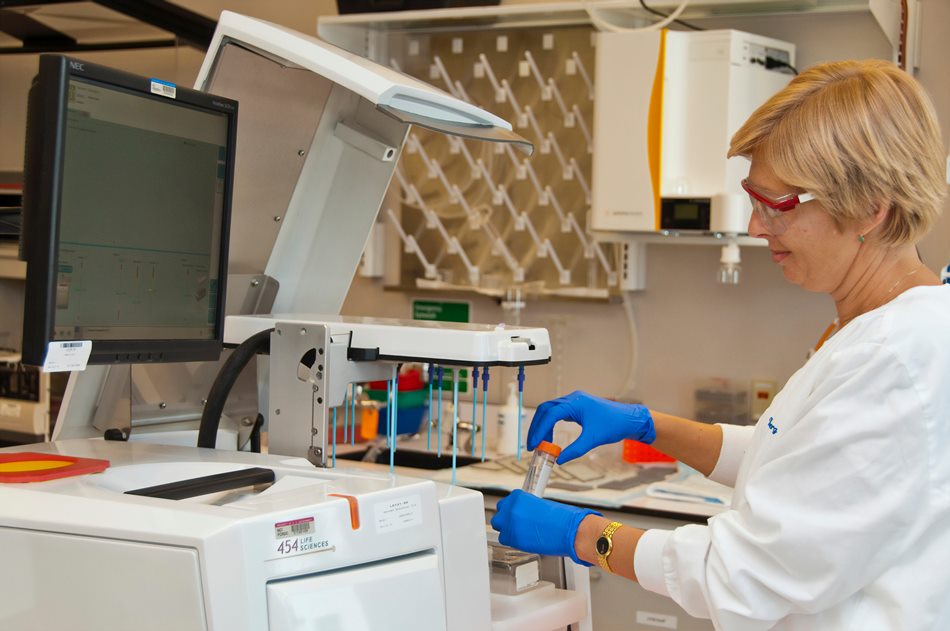Science & Tech
FDA authorizes genetically-modified pigs for food, biomedicine and safer transplants

WHAT YOU NEED TO KNOW:
- For the first time in the field, the FDA approved genetic engineering of pigs for medicinal and food purposes.
- The FDA believes that this latest development is a historic milestone in the field of biotechnology.
- The clearance given was also an indication that animals are safe sources of medical and food products.
Pigs who are genetically engineered, so some unwanted sugars on their outer cells that can cause meat allergies and rejection of the organ, was given the green light by the Food and Drug Administration on Monday.
The authorization was the first in the field of intentional genomic alteration in an item that can be utilized for both medical and food purposes. The move could also indicate that animals are potentially safer sources of food, medicines, and treatments, including the blood-thinner and Heparin.
In a statement, FDA Commissioner Stephen Hahn said that the authority given to animal biotechnology products is a giant leap forward for innovation and science.
While there is four other earlier approval of similar genetic alterations for animals for food and biomedical uses separately, none of the previous improvements are for both purposes, says director of the FDA’s Center for Veterinary Medicine, Steven Solomon, during a conference call with journalists.
Called as such for the non-presence of evident alpha-gal sugar, GalSafe pigs have the potential to deliver organs and tissues for patients less the risk of rejection due to the sugar process between two species called xenotransplantation. Solomon explained that the occurrence of Alpha-gal could be the leading cause of rejection, hinting though that there could be other possible factors.
Solomon added the public should be cautious as he believes further assessment is needed for xenograft, xenotransplantation, and other medical products evaluated by the FDA.
The Alpha-gal syndrome, a human disorder that can trigger mild to severe hypersensitive or allergic reactions to alpha-gal sugar in lamb, beef, and pork, could also benefit from the latest FDA certification.
The FDA does not conduct food safety tests for people who have the condition, nor did the department assess the pigs for human implantation.
Any producers looking into medical product development based on GalSafe pigs will be required to ask authorization from the FDA before any implants, organs, or drugs will be allowed for human use.
Mostly used for medication, Heparin can also be a prescription for patients who suffered from a heart attack. To prevent blood clots, Heparin is also administered to patients before and after specific types of surgeries.
Solomon added that pigs with zero alpha-gal sugar could generate tissues that could be compatible with individuals with alpha-gal disorder for heart valve replacements, hernia repairs, skin grafts, or new tendons.
Boston’s XenoTherapeutics analyzes alpha-gal-safe Revivicor pigskin that a source of GalSafe pigs for the initial phase of the in-human medical trial for use on burn wounds.
